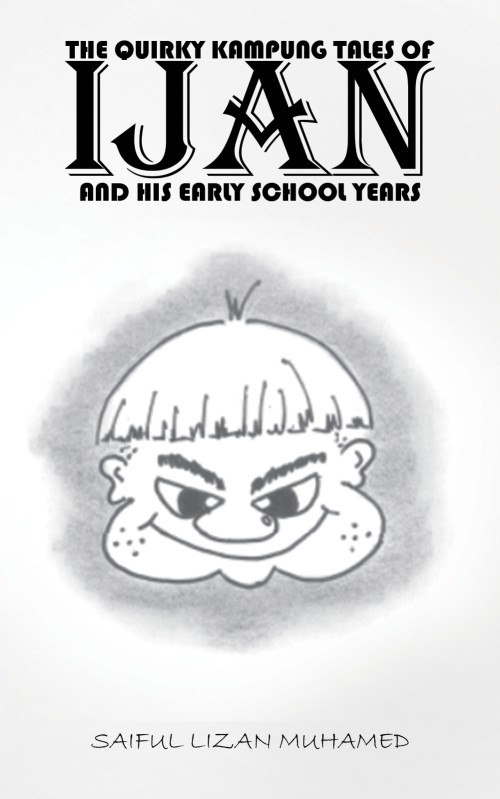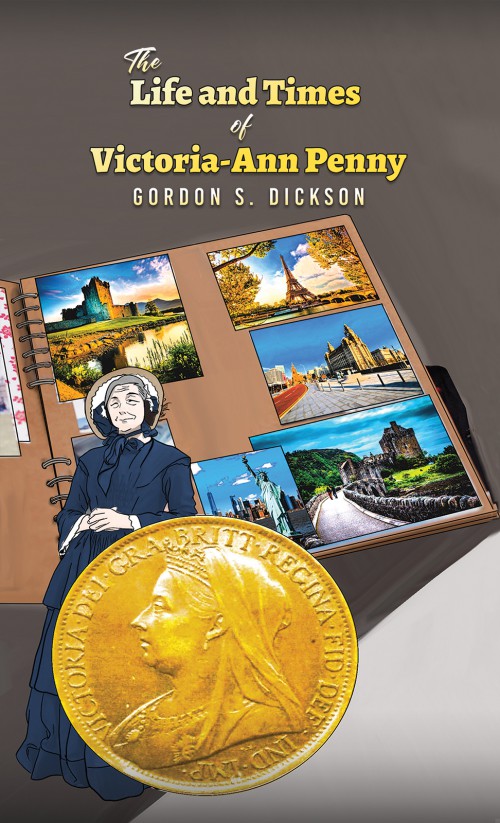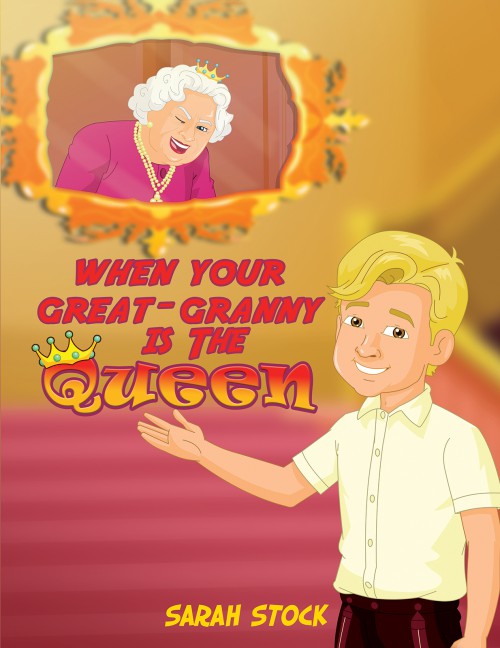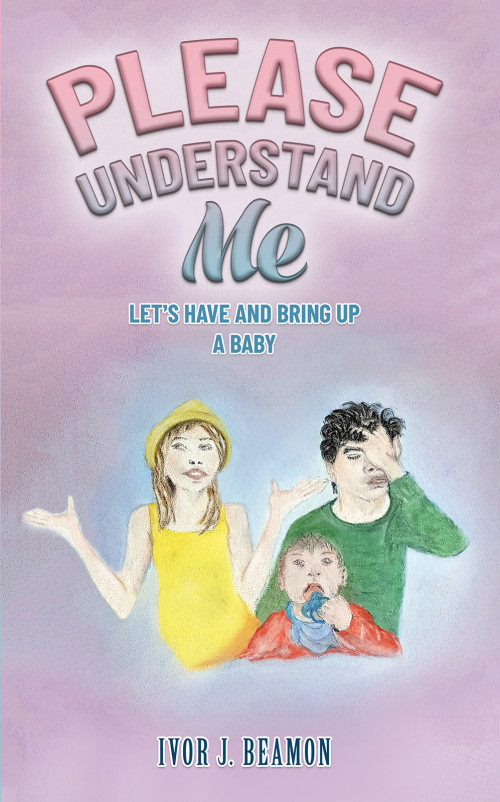The author is a man in his 50s and is currently residing in Malaysia. His growing up years up to the age of 22 years old were spent in Singapore. Although settled down in Malaysia for some time already, he still has fond memories of growing up in his village or in Malay ‘Kampung’ and his early schoolyears in Singapore. Therefore, in this book he shares his experiences with the readers. It is no coincidence that Ijan is the nickname of the author accorded to him in his village-roaming days and for all intents and purposes, Ijan was the author in his younger ‘Kampung’ days and early schoolyears.
Ijan was also often times called ‘pusar dua’, which means ‘two hair whirls’ in Malay by his uncles due to the physical attributes attached to his hair. Simply explained, where most people would have one hair whirl towards the back of the head leading to an orderly hair disposition, Ijan was born with two hair whirls next to each other. This contributed to a somewhat disorderly hair disposition for Ijan but this never bothered him.
In the village, there were certain personal characteristic attributes which were believed to be attached to a person with ‘pusar dua’, some of which was that the ‘pusar dua’ kid would be a bit (An understatement for Ijan) hyperactive and stubborn but will have a good bond with animals.
Also, the author’s late parents, in Malay called ‘Mak’ (Mother) and ‘Abah’ (Father) were teachers at the schools where Ijan attended. ‘Mak’ taught the Malay language at Stoffen’s Primary School (Fictitious school name) and ‘Abah’ also taught Malay language and Art at Potts Secondary School (Another fictitious school name). Although the names are fictitious in this book to protect the school’s confidentiality, the stories narrated are based on true events.
So, yes, Ijan was not only a teacher’s son but two teachers’ son and born out of two ‘Kampungs’! While it is often said in these parts that it would take a whole village to raise a child, in Ijan’s case, it took two. Also, as a generally accepted norm, a teacher’s son is usually perceived to be very studious and very well behaved, especially at the schools where the parents were teaching. However, with Ijan and his ‘pusar dua’ traits hardwired in his DNA with his maverick tendencies, this norm would be challenged and sometimes to the limits.
The author hopes that the readers enjoy every narration in this book as much as he has had tremendous pleasure telling them, touching on the numerous light-hearted, humorous and sombre moments he had growing up in his ‘Kampung’ and attending school in Singapore in its early years.
As the author attempts a true-life depiction in the narration of the events in his life in the ‘Kampung’ with his late grannies, late parents, uncles, aunties, cousins, and friends, he would like to extend his sincere apologies if in the course of any recollection of the events, any characters had been inadvertently slighted or excluded. The narration in this book is done with the best intention and to the best of the author’s recollection.
The author would also like to take this opportunity to record his many thanks to his immediate family; his wife Zubaidah and his children Renee, Suhail and Syuaib who have all been inspirational to the author throughout. Special thanks also to the author’s extended family members who have been very supportive of the author in one way or another through the years. The author would also like to record a special tribute to the memory of his late grandparents, late parents, together with late uncles and aunties who have since passed on.
All these memories and experiences have been inspirational to the author in the writing of this book while also making the author’s days in his ‘Kampung’ and early school years very exciting contributing immeasurably to the author’s often varied and colourful life.











